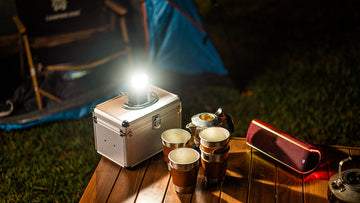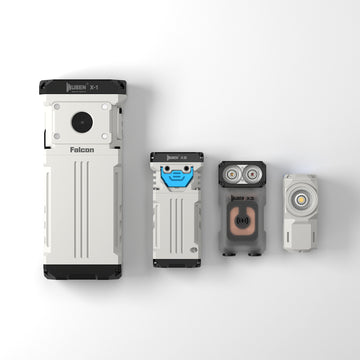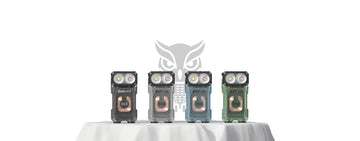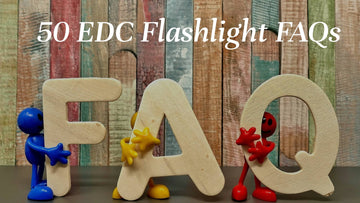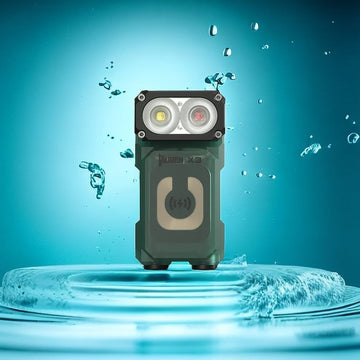
Lumens are a unit of measurement in the world of lighting that represents the total amount of visible light emitted by a source. Unlike watts, which measure power consumption, lumens directly gauge the brightness of a light source. The higher the lumen output, the brighter the light will appear to the human eye. This metric is crucial when selecting lighting solutions as it enables consumers to make informed choices about the level of illumination they desire.
In the context of lighting, lumens play a fundamental role in determining the efficacy and suitability of a light source for specific applications. Understanding lumens allows consumers to compare different bulbs, lamps, or fixtures to find the right balance between brightness and energy efficiency. By focusing on lumens instead of wattage, individuals can ensure they are getting the desired brightness without unnecessary energy wastage, contributing to a more sustainable and cost-effective approach to lighting.
At 200 lumens, the illumination level falls into the category of low to moderate brightness. This means that a 200-lumen light source is perfect for creating a cozy and intimate ambiance in small spaces like bedrooms, reading corners, or dining areas. It can also provide ample light for focused tasks, such as reading a book or working on a craft, without overwhelming the surroundings.
To truly grasp the significance of 200 lumens, it helps to compare it with other common light intensities. For instance, a standard 40-watt incandescent bulb typically produces around 450 lumens, significantly brighter than 200 lumens. On the other hand, a dim nightlight may emit only 5-10 lumens, making 200 lumens substantially brighter in comparison. By understanding these comparisons, consumers can gauge the appropriate situations to use 200 lumens effectively.
The efficacy of 200 lumens lighting depends on selecting the appropriate light source. LED bulbs are an excellent choice due to their energy efficiency and longevity. When opting for LED bulbs, look for the color temperature and choose one that suits the desired ambiance—warmer tones for relaxation spaces and cooler tones for task-oriented areas. Additionally, consider the beam angle to distribute light effectively in the intended direction.
In residential settings, 200 lumens can be employed in multiple ways. In bedrooms, bedside lamps with 200-lumen bulbs provide a gentle glow, conducive to winding down before sleep. In living rooms or dining areas, pendant lights or small fixtures with 200 lumens can enhance the atmosphere during social gatherings, creating an inviting and comfortable environment.
Outdoors, 200 lumens can be utilized in decorative fixtures like lanterns or string lights to illuminate patios, balconies, or gardens. These subtle yet effective lighting elements add a touch of charm to outdoor spaces, making them ideal for evening gatherings or quiet strolls.
In commercial settings, 200 lumens can be employed in boutique stores, cafes, or restaurants to create an intimate and welcoming ambiance. Wall sconces, track lights, or table lamps with 200 lumens are suitable options for these environments, where creating the right mood is crucial to the overall customer experience.
In conclusion, understanding the significance of lumens and their role in lighting is paramount when seeking the perfect illumination for any space. With 200 lumens falling within the realm of moderate brightness, it offers a versatile and practical lighting option for a variety of applications, from residential to commercial settings. By making informed decisions about light sources and their respective lumen outputs, individuals can curate lighting environments that not only serve their functional needs but also contribute to a harmonious and visually appealing atmosphere.
Related articles:
How Bright is 400 Lumens?
How Bright is 450 Lumens?

